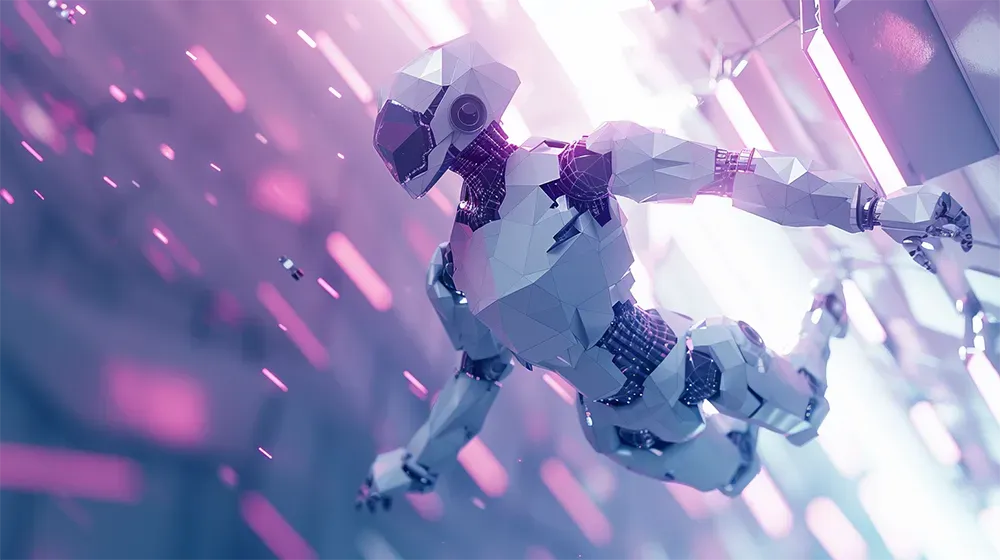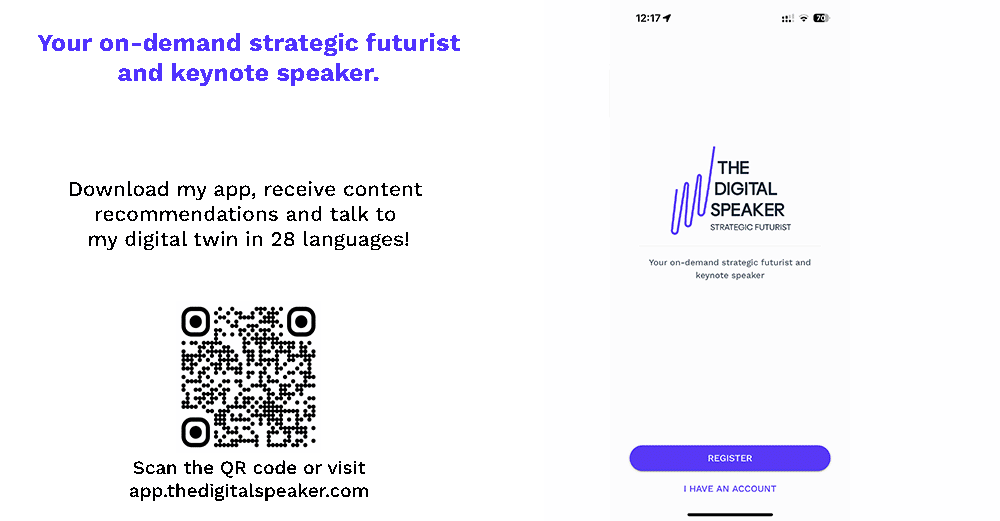Synthetic Minds | Fighting Deepfakes, Robots and UBI

'Synthetic Minds' serves as a mirror to the multifaceted, synthetic elements that are beginning to weave into the fabric of our society. This week's newsletter focuses on how you can fight deepfake scams, a problem that is rapidly affecting organisations around the world.
How to Fight Deepfake Scams

My latest article
Think you're too smart to fall for a deepfake scam? Think again—AI trickery is more convincing than ever.
In today's AI-driven world, even seasoned executives fall prey to deepfake scams. Recently, a Ferrari executive thwarted a sophisticated scam by asking a question only the real CEO could answer.
Scammers used advanced AI to mimic the CEO's voice, but subtle inconsistencies raised suspicions. Similar incidents have hit other companies, like Arup and WPP, showing the increasing threat of AI-generated fraud. These cases underscore the importance of robust verification methods.
How can businesses protect themselves? Companies can stay ahead of fraudsters by educating staff on AI, developing analytical and digital literacy skills, and adopting a "trust but verify" approach. How prepared are you to defend against these digital deceptions?
Synthetic Snippets: Quick Bytes for Your Synthetic Mind
Quick, curated insights to feed your quest for a better understanding of our evolving synthetic future. The below is just a small selection of my daily updates that I share via The Digital Speaker app. Download and subscribe today to receive real-time updates. Use the coupon code SynMinds24 to receive your first month for free.

1. UNIVERSAL BASIC INCOME: THE REAL IMPACT OF UNCONDITIONAL CASH
Universal Basic Income (UBI) has the potential to transform lives by providing financial stability and fostering personal growth. A study giving 1,000 Americans $1,000 monthly revealed UBI’s benefits, including better healthcare access, enhanced future orientation, and minimal work-hour reduction. UBI’s flexibility supports diverse needs, suggesting its role in poverty alleviation and economic empowerment, independent of AI’s impact. (OpenResearch)

2. FROM CHIP WAR TO CLOUD WAR: THE NEW BATTLEFRONT IN AI
The global AI race is moving from chips to cloud infrastructure, with countries like Saudi Arabia, the UAE, and Malaysia investing in AI data centres. US tech giants face a balancing act between lucrative foreign partnerships and national security concerns. As nations build sovereign AI capabilities, we must ask: Who will control the digital factories of the future, and at what cost? (Financial Times)

3. BAIDU’S AI BREAKTHROUGH: FROM HALLUCINATIONS TO SELF-REASONING
Baidu’s new self-reasoning AI framework addresses AI “hallucinations” by enabling critical self-evaluation for greater factual accuracy. Unlike traditional models, Baidu’s AI selects relevant documents and analyses its reasoning path before delivering answers, improving accuracy and transparency. With performance comparable to GPT-4 but requiring fewer training samples, this breakthrough could democratise access to advanced AI, raising the question: How will businesses ensure their AI systems are robust and trustworthy? (VentureBeat)

4. FROM CAT LITTER TO CURE: HOW A PARASITE COULD REVOLUTIONISE MEDICINE
Could the secret to curing brain diseases be lurking in your cat's litter box? Researchers are exploring the potential of Toxoplasma gondii, a cat parasite, to deliver therapeutic proteins into the brain, leveraging its ability to cross the blood-brain barrier. This approach has shown promise in lab mice for conditions like Rett syndrome. While it could overcome current brain therapy delivery challenges, it raises questions about safety and future applications. Could harnessing a parasite be the key to new medical frontiers? (Singularity Hub)

5. RISE OF THE ROBOT BRAINS: AI’S NEXT FRONTIER
Advancements in AI are revolutionising robotics, turning simple machines into agile, adaptable entities. Zurich-based ANYbotics showcases robots performing parkour-style maneuvers powered by AI, not hardcoded instructions. With major players like Google, OpenAI, and Tesla developing autonomous robotic “brains,” industries from healthcare to manufacturing could be transformed. This progress raises a critical question: Are we heading towards greater efficiency, or are robots poised to replace human jobs entirely? (Financial Times)

Download the full 2024 Top Ten Technology Trends Report
Know someone who needs the Synthetic Minds newsletter?
Forward it to someone who might like it too.




